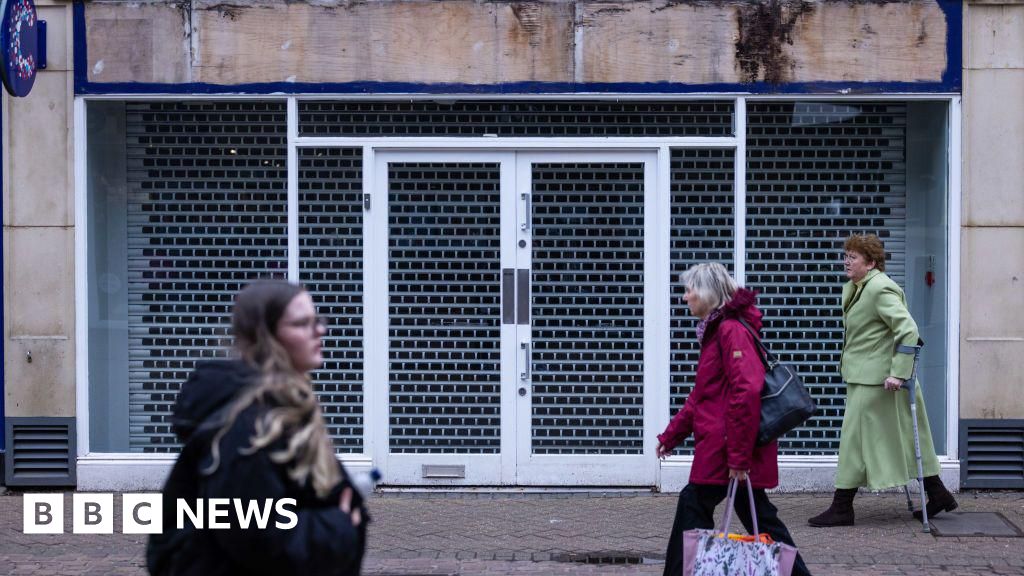Warning retail job cuts ‘inevitable’ after NI tax rise in Budget

- by Admin
- November 19, 2024

From next April, all large businesses will have to pay higher National Insurance Contributions (NICs) for every member of staff they employ.
Employer NICs will start at a lower threshold than now, at £5,000 instead of £9,100, and the rate will rise from 13.8% to 15%. The BRC calculates this will cost British retailers £2.33bn a year.
The rise in the minimum wage from April is set to cost the sector a further £2.73bn, the BRC letter said.
In addition, from October 2025 a new packaging levy comes into force.
Introduced by the previous government, the extended producer responsibility (EPR) scheme shifts the cost of recycling from local councils onto the companies that use the packaging. Smaller firms are exempt, but the new levy will cost the retail sector overall another £2bn, the BRC estimates.
One of the letter’s signatories was the chief executive of High Street fashion stores Monsoon and Accessorize, Nick Stowe.
He told the Today programme that the Budget changes meant his business was “going to have to divert investment that we would have made in growing our store base into protecting the stores that we have and the employees that we have”.
He added that the whole retail sector was concerned that it was being forced into doing things “that seem to be entirely counter to the government’s agenda in terms of growing the economy and growing sectors like ours”.
The letter from the retailers calls for the government to phase in the introduction of the NI changes and delay the start of the EPR.
It urges the government to reduce business rates, a property-related tax which the BRC says will cost retailers an additional £140m a year after next April.
A Treasury spokesperson told the BBC that, thanks to exemptions for smaller businesses, “more than half of employers will either see a cut or no change in their national insurance bills [and] there will be £22.6bn more for the NHS”.
A business update from Begbies Traynor on Monday, external gave some weight to the BRC’s warnings. The consultancy predicted more firms in financial difficulty would need its insolvency advice due to both the NI change and higher interest rates.
Additional reporting by Izzy Bushell
The Latest News
-
December 22, 2024Donald Trump picks Apprentice producer to be the US special envoy to UK
-
December 21, 2024UK flights and ferries cancelled owing to high winds as Christmas getaway begins
-
December 21, 2024Prince Andrew plans to move to UAE amid espionage allegations: Report
-
December 21, 2024Inside Britain’s saddest shopping centre: Town centre mall empty just DAYS before Christmas as depressed locals say ‘it’s a disgrace’
-
December 21, 2024High street giants plot new warning to Treasury over retail jobs





